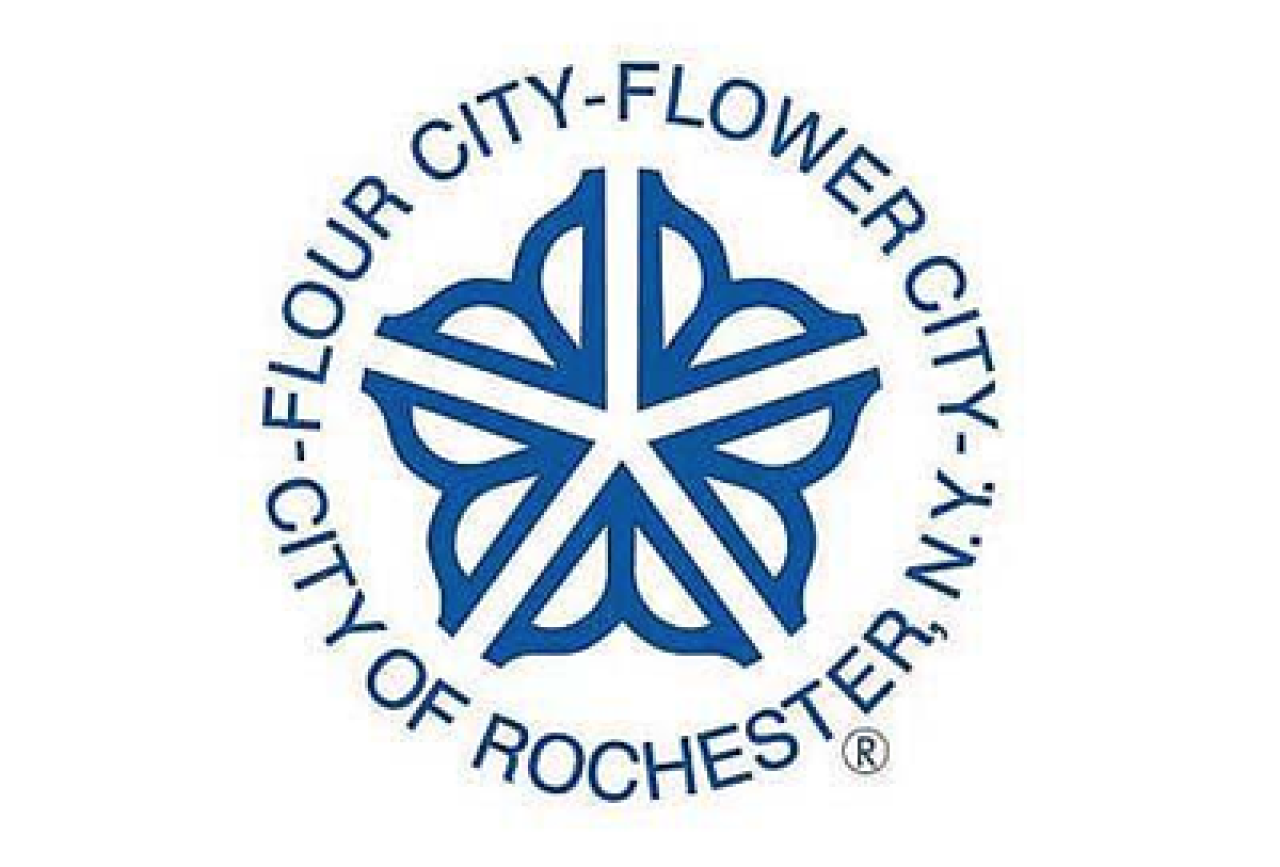























A renewed focus on data security, visibility, and access.

If you’ve ever worked for or with local government, you know finding exactly the information you need to accomplish a task can be a maddening experience, for employees and constituents alike.
The City of Rochester’s Director of IT Operations Kate May and Information Services Developer Alyssa Montgomery knew they could do better.
That’s why, when The City of Rochester adopted a new data management policy, May and Montgomery leapt at the chance to to update their data stack and improve the city’s data security, quality and accessibility.
If you’ve ever worked for or with local government, you know finding exactly the information you need to accomplish a task can be a maddening experience, for employees and constituents alike.
The City of Rochester’s Director of IT Operations Kate May and Information Services Developer Alyssa Montgomery knew they could do better.
That’s why, when The City of Rochester adopted a new data management policy, May and Montgomery leapt at the chance to to update their data stack and improve the city’s data security, quality and accessibility.
“We have well over a hundred databases and applications and even more informal data sets that were kept in all of the different departments,” said Montgomery. “These datasets were meant to be official sources of truth, but we didn’t have visibility into them.”
Before they adopted their new governance policy, the city struggled to keep an up-to-date record of their data systems, what they contained, and who maintained them. And though the IT department had been informally tracking data systems they supported or integrated with, the data itself was only accessible to select staff.
Because of this lack of a centralized system of record, and because nobody was formally responsible for the data, their data became so outdated that it was no longer referenced at all.
Beyond being unable to make data-driven decisions due to inaccessible, siloed data, the city faced additional consequences, including greater security risks and resultant higher cyber security insurance costs. The lack of easy access to data also made it difficult to complete internal city processes, including:
Fulfilling public records requests
Reporting performance data and other metrics of note to the Administration, City Council, outside grantors, and other stakeholders
Performing IT infrastructure maintenance
Complying with data security regulations
Facilitating intra- and inter-organizational data sharing
When the new policy was announced, May and Montgomery began searching for a data catalog that could improve security, visibility, accessibility for their colleagues and constituents, and cooperation between city government offices.
“Ideally, we wanted a tool that would encourage a team effort and collaboration between the IT department and the departments that own and maintain the data sets,” said May. “We wanted to establish real ownership and empowerment for data users and managers.”
Montgomery said the team selected data.world for three specific reasons:
data.world’s functionality as a System of Record to centralize information about data related projects.
The user interface, which was more approachable and user-friendly than other data catalog products they assessed.
data.world’s public portal feature, which they called a “huge selling point,” for a city government that intended to publish data sets for their constituents.
By deploying data.world, the employees of the City of Rochester are now able to follow their new policies, which mitigate risk and, in turn, reduce their cyber security insurance rates. And the time and money they’ve saved by implementing self-serve data access and discovery has allowed them to hire and train a data governance leader to oversee and champion their future data projects.
May admits that while local government isn't usually on the cutting edge of data analytics, the city’s adoption of data.world has empowered her team to support a strong data governance initiative and make sure her team is observing foundational data best practices.
“Now we’re able to make sure we understand where all of our data assets are and what risks are associated with them,” she explained. “Going forward, we want to drive efficient and appropriate data access within the data catalog, and trust it to help ensure we're complying with all of the many laws and policies we're subject to as a local government entity in New York.”
Kate May Director of IT Operations, City of Rochester